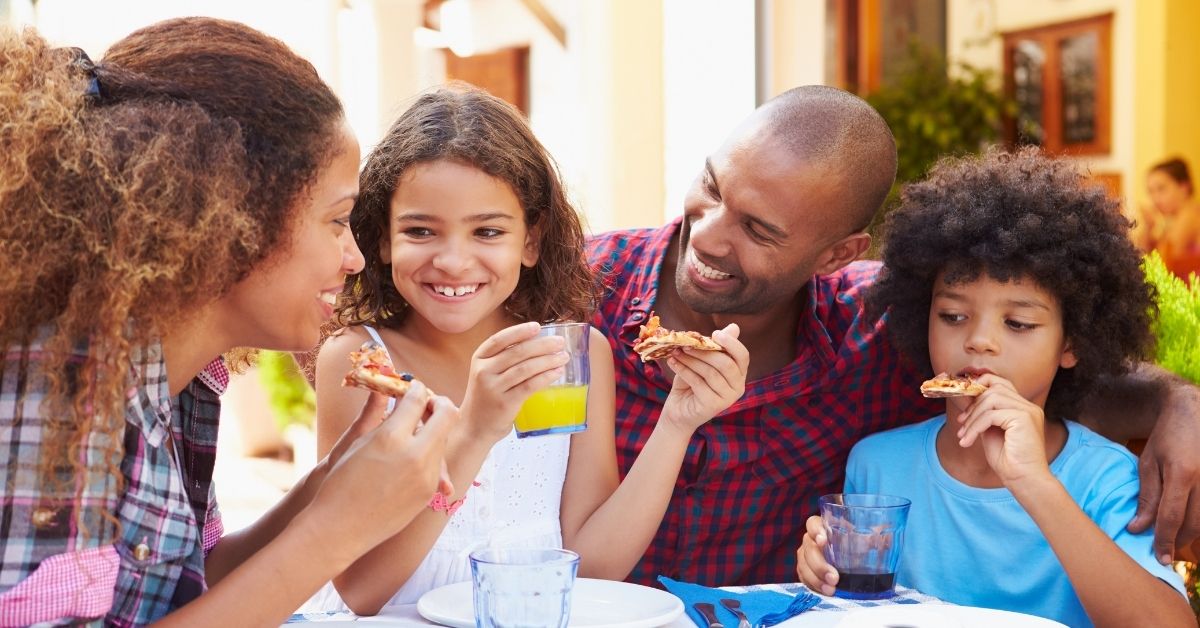In today’s fast-paced world, it’s more important than ever to raise children who understand and prioritize their health and well-being. Teaching kids the importance of wellness at an early age helps them develop habits that can last a lifetime, fostering a generation of informed, responsible health advocates. By empowering children with knowledge and practical tools, parents and educators can inspire them to make health-conscious decisions that benefit not only themselves but also the community around them.
Why Start Wellness Education Early?
Children are highly impressionable, and the habits they develop early often stay with them for life. When kids are exposed to the principles of health and wellness from a young age, they are more likely to make better choices as they grow. Early wellness education can help children develop a positive relationship with food, understand the value of physical activity, and build emotional resilience. Teaching kids about health at an early age is also a proactive approach to combating rising rates of childhood obesity, mental health issues, and lifestyle diseases.
The Role of Parents in Promoting Wellness
Parents are the primary role models for children, and their habits often shape how kids view health and wellness. By modeling healthy behaviors, such as exercising regularly, eating nutritious meals, and managing stress, parents set an example that children are likely to follow. In addition, parents can make wellness a family priority through activities like cooking healthy meals together, going for family walks, and practicing mindfulness as a group. These activities help reinforce the importance of wellness in a way that feels enjoyable and natural for kids.
Teaching Kids About Nutrition
• Introduce Healthy Foods Early: Encourage kids to try a variety of foods, including fruits, vegetables, whole grains, and lean proteins. Explain how these foods fuel the body and keep it strong.
• Involve Kids in Cooking: Get children involved in meal prep and cooking to help them understand where their food comes from and make healthier food choices.
• Explain the Importance of Balanced Eating: Help kids understand the importance of moderation and balance. This way, they learn that while treats are okay, a diet rich in nutritious foods supports their energy and growth.
Encouraging Physical Activity and Exercise
Physical activity is crucial for children’s physical and mental health. Encourage kids to stay active by finding fun activities they enjoy, whether it’s playing sports, dancing, or simply going for nature walks.
• Limit Screen Time: Set boundaries around screen time and encourage physical play to prevent a sedentary lifestyle.
• Make Exercise Fun: Instead of focusing on exercise as a chore, present it as play. Create family dance sessions, backyard games, or fun obstacle courses to make physical activity enjoyable.
• Teach the Benefits of Movement: Explain to kids how exercise strengthens their bodies, boosts their mood, and improves focus. When children understand why activity matters, they’re more likely to engage with it.
Building Mental and Emotional Wellness
• Promote Mindfulness and Relaxation: Teaching kids techniques like deep breathing, meditation, or journaling can help them manage stress and understand their emotions.
• Encourage Open Communication: Create an environment where kids feel comfortable talking about their feelings. When children learn to express and process their emotions, they develop stronger emotional intelligence.
• Teach Problem-Solving and Resilience: Help kids build confidence by guiding them through challenges rather than solving problems for them. This approach fosters resilience, a key component of mental wellness.
Developing a Positive Mindset Around Health
• Avoid Fear-Based Language: Rather than framing health practices as things to avoid or fear, talk about wellness as a positive choice that enhances life.
• Celebrate Small Wins: Acknowledge and celebrate kids’ healthy choices, whether they opt for a nutritious snack or complete a physical activity. Positive reinforcement encourages them to continue making wellness a priority.
• Teach Kids to Listen to Their Bodies: Help children understand the importance of self-awareness by encouraging them to recognize hunger cues, notice when they’re tired, and understand their body’s needs.
Conclusion
Raising children to value their health and wellness is one of the most impactful gifts we can give. By teaching kids about nutrition, exercise, and mental health from a young age, we empower them to make informed decisions that support lifelong well-being. As these future health advocates grow, they will carry forward a commitment to health that benefits not only themselves but also the broader community. When kids learn that wellness is a priority, they’re better equipped to lead balanced, resilient lives.








